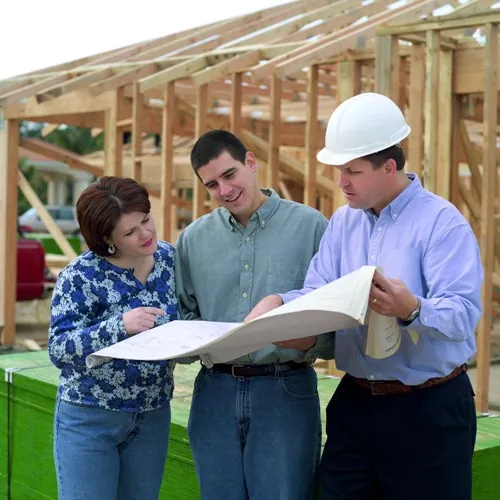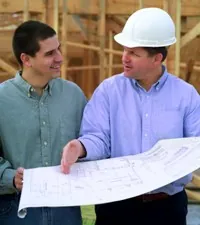Building a dream home is quite a challenge. Homeowners spend hours seeking out the perfect home plan.

They scope out lot after lot and eventually purchase land and blueprints. Contractors are interviewed over and over until the right professional comes along. Decisions must be made about every single material that will be used during construction, not to mention the interior design that will follow. What would you do, if after all this hard work, someone said aspects of your dream home were not allowed in the area? All that planning and purchasing for nothing!

To avoid such a potentially devastating setback, homeowners should familiarize themselves with building codes at the very outset of their home construction project. Building codes outline the minimum safety standards that must be met in various aspects of construction. These codes can include sanitation, electrical, ventilation, plumbing, and fire safety regulations as well as energy conservation. Complex and confounding, the average homeowner is not expected to understand every single building code, or even be familiar with the hundreds of codes within construction. However, it is important to be aware of the building code system in order to understand how it may affect your dream home. When purchasing pre-drawn house plans, it is essential to have your local contractor or design professional review the house plans prior to building and make sure all local codes are being met. It is much easier and less expensive to modify your home plans before building.
Within the United States there are four "Model Codes" that reduce risk during construction:
- The Building Officials & Code Administrators International, Inc. (BOCA)
- The International Conference of Building Officials (ICBO)
- The Southern Building Code Congress International, Inc. (SBCCI)
- The Council of American Building Officials (CABO)
These four are guides to hundreds of similar but different local building codes. Different municipalities favor different model codes, but are typically the same within a region.
Building codes are important for individual homeowners as well as the community at large. These codes ensure personal safety and the economic well being of a community. They help homes to conserve energy and they protect future homebuyers from misleading purchases. Most importantly, these building codes help reduce the risk associated with the hazards of building a home. With this in mind, be sure to ask potential contractors about the various building codes that may apply to your project before getting underway. Also, take it upon yourself to seek out building code information from your municipality. Codes are constantly being altered and updated; it will be good to have notes to compare with the builder to ensure they are updated with the latest rules and regulations. Be prepared to be flexible – some changes may need to be made to your original design and this will affect your budget as well. The more information sought out in the beginning means fewer problems will arise during construction. Hopefully your dream home will appear before your eyes without having to make changes halfway through.
Here are some related articles:
Save this article to:
back to top